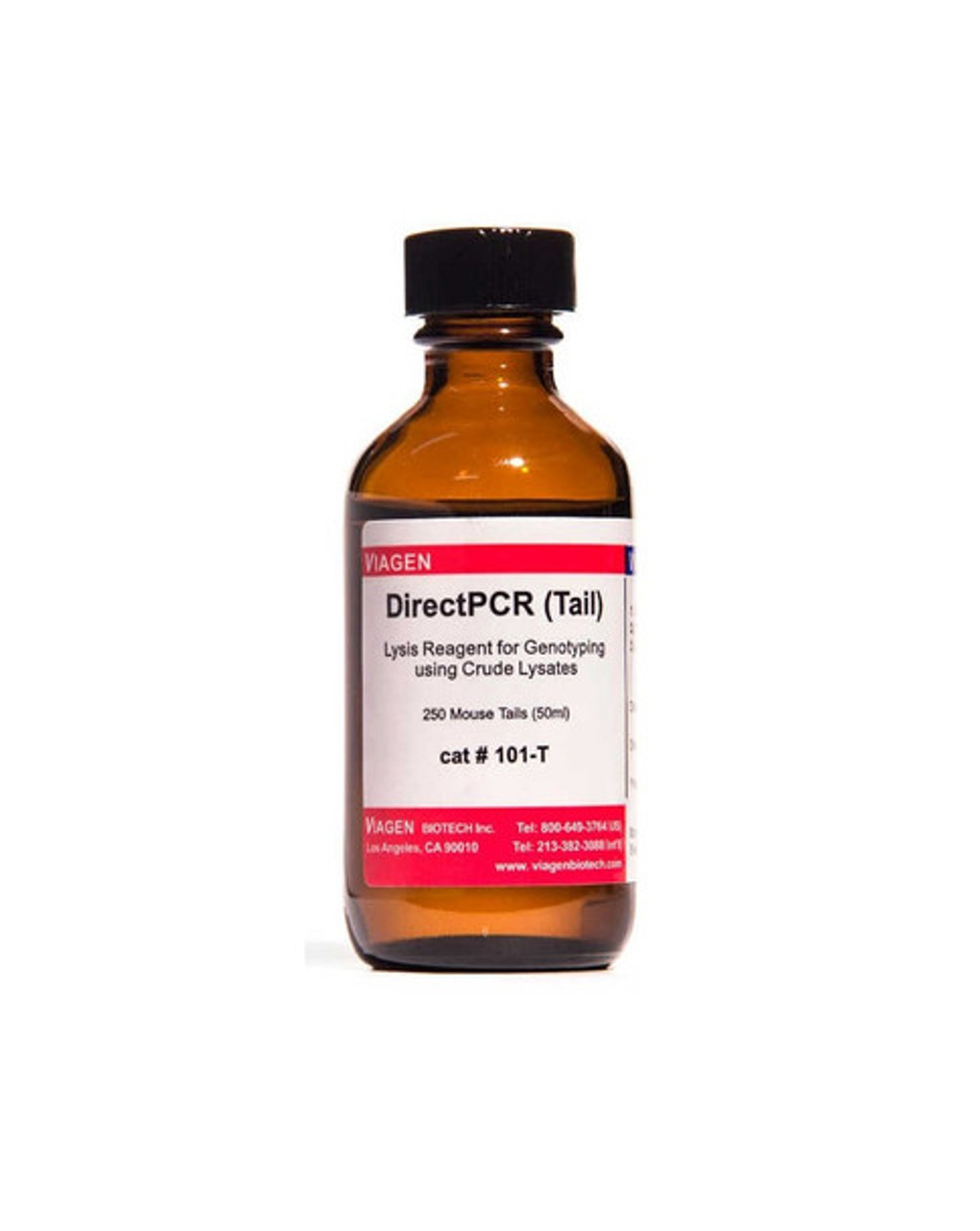Streamlining DNA Extraction in Molecular Biology Research
In the domain of molecular biology research, where precision and expediency are paramount, the quest for optimized methodologies continually drives innovation. This pursuit is particularly evident in the realm of DNA extraction, where the integration of advanced reagents like DirectPCR Lysis Reagent exemplifies a pivotal advancement in streamlining workflows while maintaining data integrity.
Traditionally, DNA extraction involved multiple laborious steps, including cell lysis, protein removal, and nucleic acid purification. However, these conventional methods were not only time-consuming but also prone to contamination and sample loss. The introduction of Direct PCR Lysis Reagent revolutionized this process by offering a simplified approach that bypasses the need for intermediary purification steps.
At its core, Direct PCR Lysis Reagent is a powerful solution designed to lyse cells and release genomic DNA quickly and efficiently. By utilizing a potent combination of detergents and chaotropic agents, this reagent effectively disrupts cell membranes, releasing the genetic material into solution. What sets DirectPCR Lysis Reagent apart is its ability to achieve this without compromising the integrity of the DNA, ensuring that downstream applications such as PCR can proceed with high fidelity.
One of the key advantages of Direct PCR Lysis Reagent is its versatility. It is compatible with a wide range of sample types, including cultured cells, tissue samples, blood, and buccal swabs, making it suitable for diverse research applications. Moreover, its straightforward protocol minimizes the risk of experimental errors, making it ideal for both novice and experienced researchers alike.
In practical terms, the use of DirectPCR Lysis Reagent translates to significant time savings in the laboratory. By eliminating the need for tedious purification steps, researchers can accelerate their workflows and increase throughput without sacrificing data quality. This efficiency not only enhances productivity but also enables researchers to focus their efforts on data analysis and interpretation, ultimately driving scientific discovery forward.

In conclusion, the adoption of DirectPCR Lysis Reagent exemplifies the ongoing evolution of DNA extraction methods in molecular biology research. Its simplicity, reliability, and efficiency make it a valuable tool for scientists seeking to streamline their workflows and achieve optimal results. As research continues to advance, innovations like DirectPCR Lysis Reagent will undoubtedly play a crucial role in shaping the future of molecular biology.
Recent Posts
-
Streamlining DNA Extraction in Molecular Biology Research
In the domain of molecular biology research, where precision and expediency are paramount, the quest …20th Apr 2024

